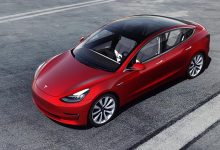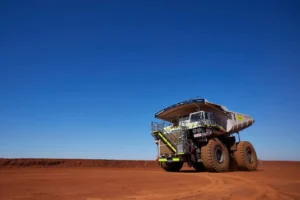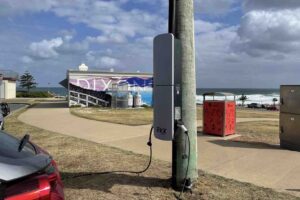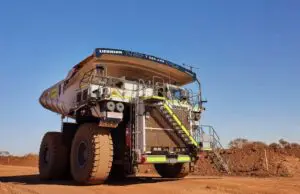Tesla says it could be considering production of electric vehicles in Australia, the EV Senate inquiry has heard.
The news comes from Tesla senior manager Sam McLean, as the first of three public hearings for the electric vehicle inquiry got underway in Adelaide last Friday.
Australia is not the most attractive of markets for overseas or local car manufacturers right now – following the closures of the Ford, Mitsubishi, Toyota and FGM factories, and due to the very small 1% of global market size.
But McLean says that Tesla would be open to the idea of making EVs here “if the opportunity arose”, according to an AAP report.
There are advantages to manufacturing EVs in Australia – McLean cited easy access to raw materials such as lithium and nickel as one example. He also believes that the availability of a skilled workforce in Australia is also a promising reason for considering such a decision.
Tesla is not the only company to contemplate EV manufacturing in Australia, with Sanjeev Gupta announcing plans to build a “low cost” EV in South Australia, or Victoria. He hopes to get that up and running within a few years.
Tesla noted, however, that Australia’s market size and slow adoption of EVs was a deterrent.
“In Australia, given the size of the market and how much it lags the rest of the world, a relatively small proportion of manufacturing would be absorbed by the domestic market,” he said.
For Tesla to consider the decision seriously, he said that Australia’s EV market needs to pick up.
“If Australia wants to be more attractive to electric vehicle manufacturing it will need a more mature and faster growing electric vehicle market,” he said.
The EV inquiry has been set up to explore how Australia can best approach the shift towards electric vehicles.
Several car manufacturers submitted documents to the inquiry before the end of last month for consideration by the inquiry committee, although Tesla’s submission, if one was made, was not made public.
The general consensus from automakers making submissions is that for electric vehicle adoption to take a decidedly upward turn in Australia, government policy must support EVs and the associated infrastructure.
McLean agreed, saying that Australia’s poor EV market is indicative of the lack of leadership with regards to positive EV policy.
“Countries that have stronger uptake of electric vehicles generally have plans to achieve that,” he told the inquiry.
As an example he pointed out strategies adopted in New Zealand, where EV adoption is far ahead that of Australia. In NZ, the goal since 2016 has been to double the number of EVs on the road each year.
He also discussed the case of the UK, where targets have been set for 70 per cent market penetration by 2030 and 100 per cent by 2040.
“These countries have recognised the benefits that electric vehicles bring, not to manufacturers, but to their citizens and they’ve laid out a clear plan to achieve it,” McLean added.
Tesla’s Model 3 is due to be unveiled in at least three Australian cities next week, and reports are the mass-market model is taking US auto markets by storm according to Teslalytics.








